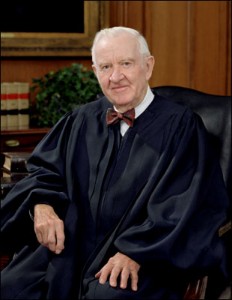Providing Straight Information on Public Opinion in a Historic Political Time
Amid the amazing tumult on the Wisconsin political scene, with partisanship and passion running so high, how can you get straight information about what voters are thinking?
One good answer: You can run a large-scale polling project, adhering to the highest standards of professionalism and non-partisanship. You can poll repeatedly throughout the year, so that you can follow trends. You can make all the results available promptly to anybody. You can go to lengths to give others a chance to see what you’ve found out.
That is what the Marquette Law School Poll is going to do. It will be the most extensive polling project in Wisconsin history, and we are fully committed to making it an independent effort that will have no agenda except to find out as much as we can about public opinion in Wisconsin and share it with all.
In fact, consider this your invitation to tune into the poll’s results. We are launching the first round of polling on Thursday, Jan. 19, and will release the results next Wednesday, Jan. 25.

